A Salty Discovery
Recently, one of you commented that the Kosher Coarse salt I use in my cheesemaking contains an anticaking agent. Perhaps that agent was impacting my final cheeses?

Right away, of course, I checked my ingredient list and, sure enough, the ingredients included an anticaking agent! I was miffed. Salt was supposed to be salt! What the heck.
Since then, I’ve experimented with several different salts that do not – I repeat, do NOT – have anticaking agents:
- Diamond Crystal is so mild that I have to add about 50% more when milling the salt into the curds. While reasonably priced, it’s still not cheap.
- Baja Mineral Gold: this salt is delicious – salty, fine, perfect – but it’s also pricy. The only reason I have some is because my daughter got a free sample at a farm show this past summer.
- Redmond Real: This is another fine, salty salt, and the color variations make it feel earthy and exotic. Speckled butter is kinda charming, no?
(Re the selection of salts in the photo: the Pink Himalayan salt does not have an anticaking agent, but it colors the cheeses pinkish, so I don’t usually use it. The Morton Salt, 3rd from left, is a fine salt and I’ve been using it for butter, but it does have an anticaking agent. The Food Lion Coarse Kosher Salt does not have an anticaking agent and it’s cheap, but it’s almost too coarse, so I don’t usually use it for cheese. The ice cream salt is water softener salt that I add to ice when churning ice cream.)
I haven’t settled on which salt I’m going to use from here on out, but I’ve stopped using the Kosher Coarse salt for cheesemaking (not pictured above because I ran out of it) … well, except for brines. I’m still using brines made with that salt, because wouldn’t the boiling/dissolving process cancel out the anti-caking agent bit?

But there’s one more thing about all this salty hoopla. See, I’ve been successfully making cheese for years, and all of it with this (supposedly) compromised salt. Which makes me wonder: as long as the salt is non-iodized, do all the other differences really even matter all that much? Maybe the bigger lesson here is not that I’ve used an inferior salt, but rather that cheeses are more resilient and forgiving than we think.
Now, once I taste these new “properly salted” cheeses – the ones that I’ve made with salt without the anticaking agent – I might detect a big difference and be completely wowed into a total salt conversion. On the other hand, there might not be a noticeable difference. In that case, I’m calling bluff on all the Salt Stipulations.
That said – (whew, this is long and confusing!) – I have noticed that sometimes my cheeses have a slight sandy texture to them, and it’s bothered me that I’m not always getting that incredibly smooth and creamy mouthfeel I’m going after. Could that texture imperfection be the anti-caking agent working its evil magic? We’ll see!
In the meantime, I want to bulk buy some proper salt, a.k.a. a fine salt without the anticaking agent. Anyone have a favorite sack o’ salt to recommend?
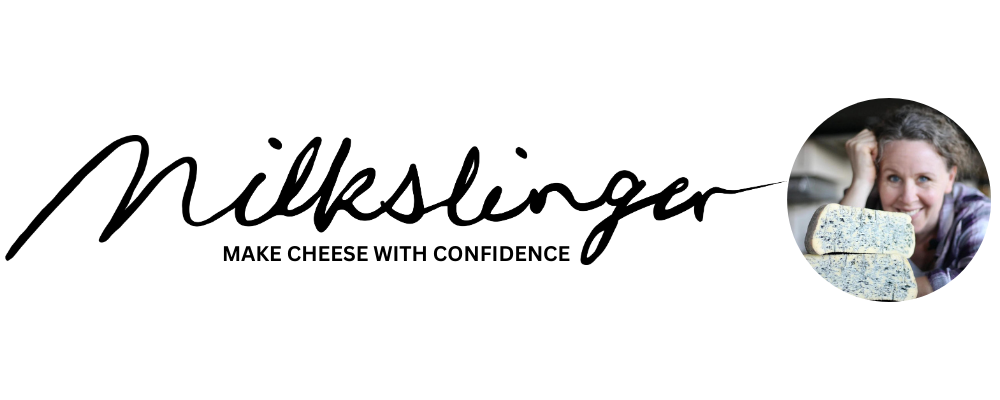
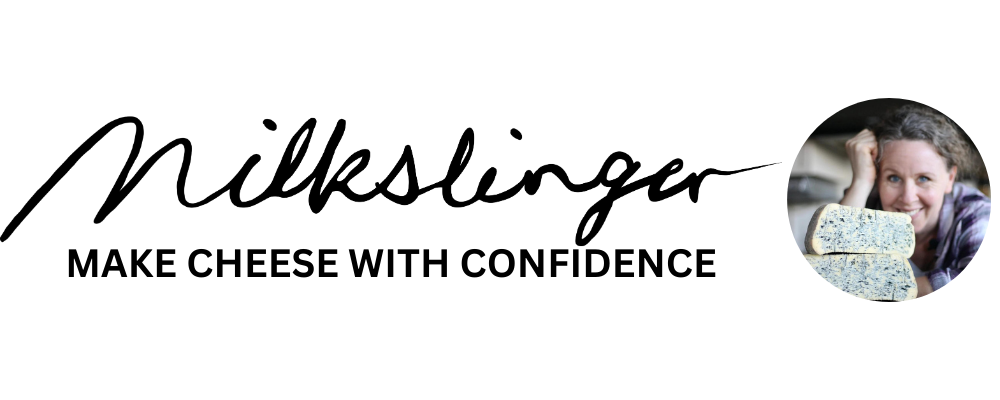
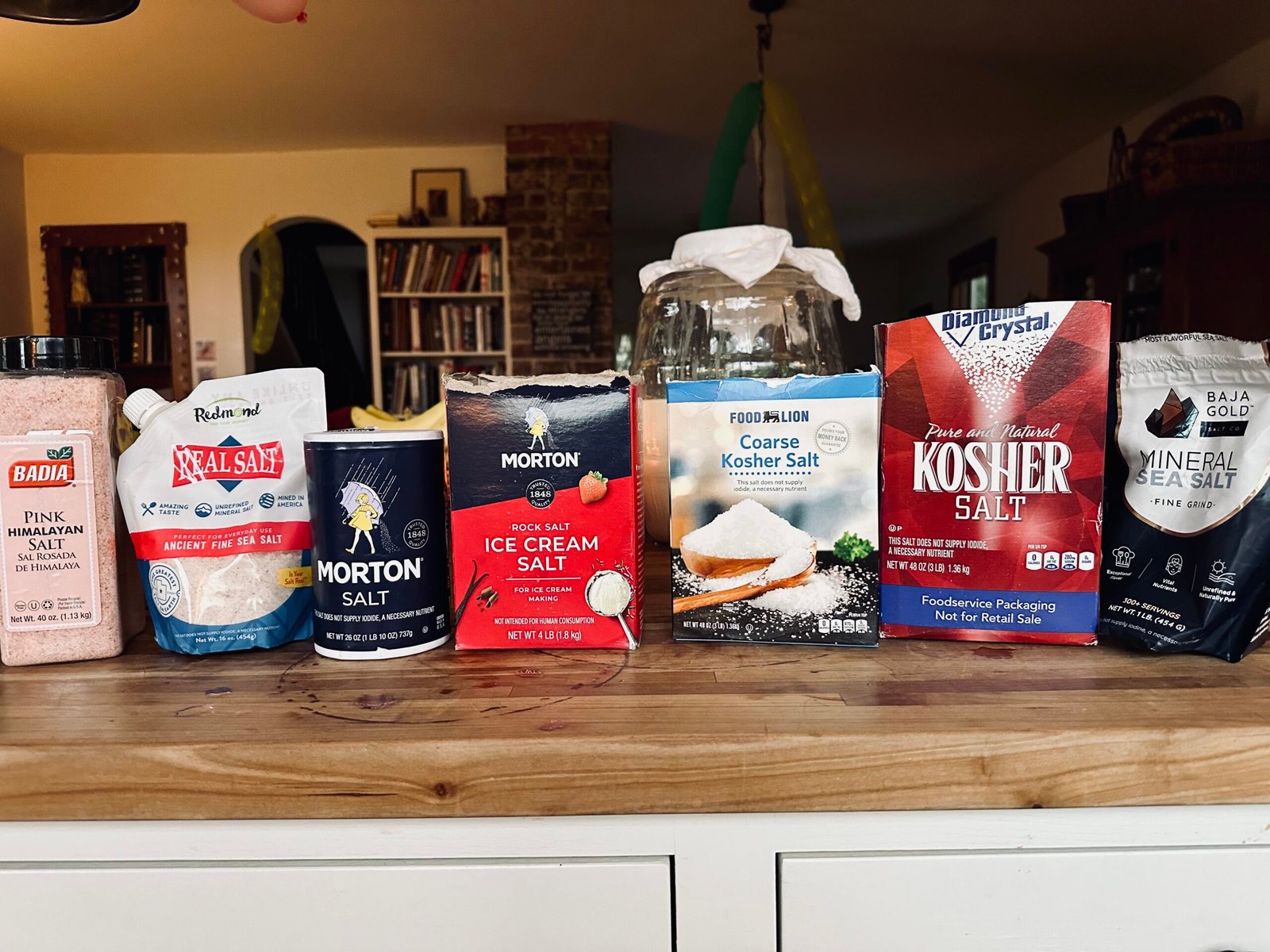
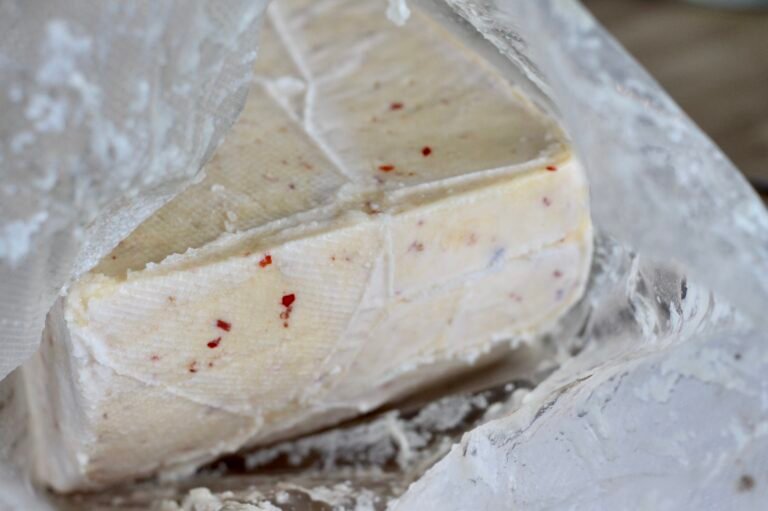
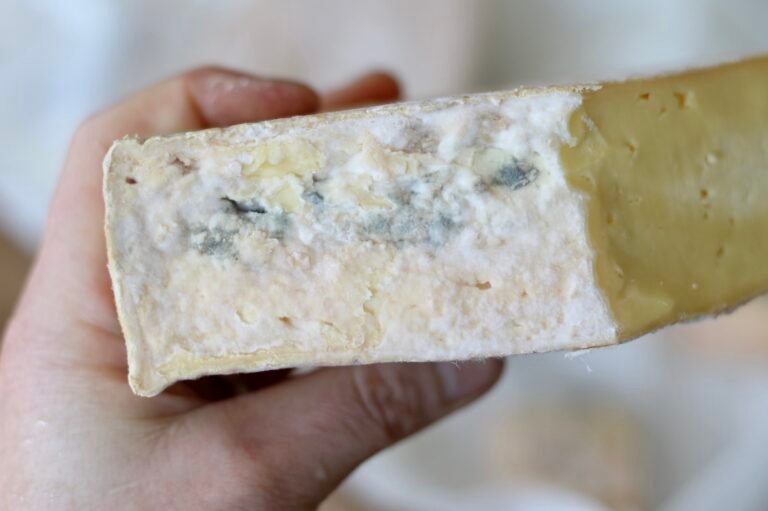
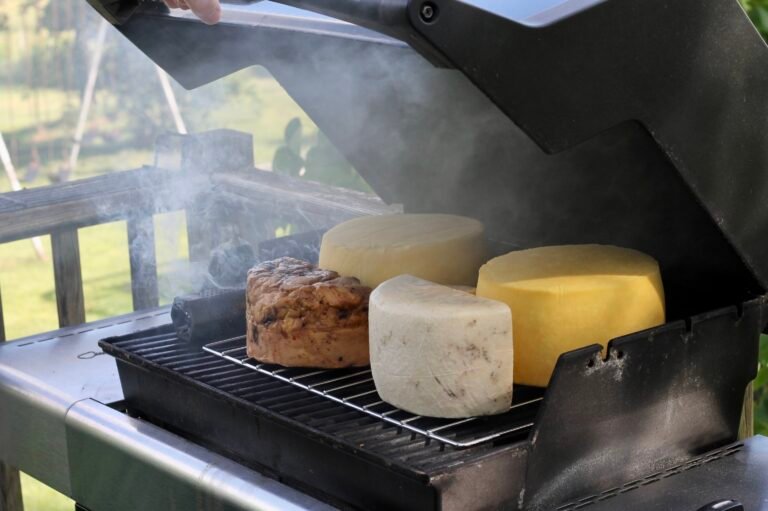
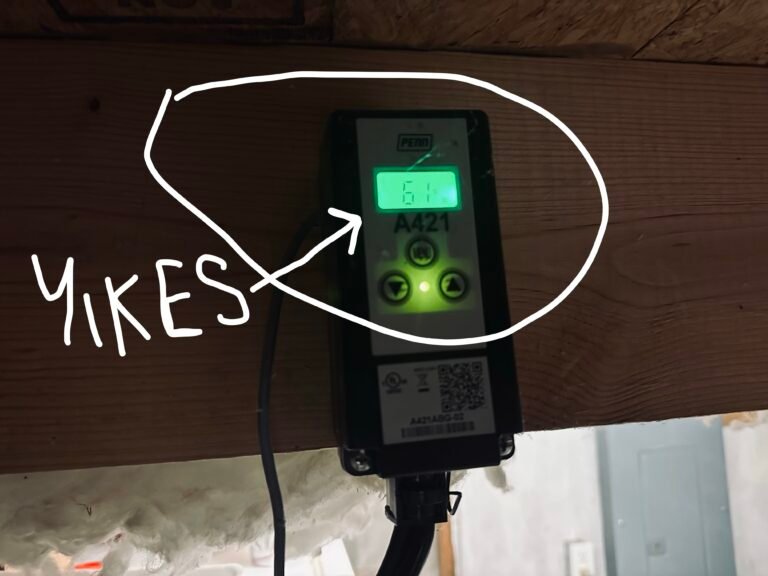
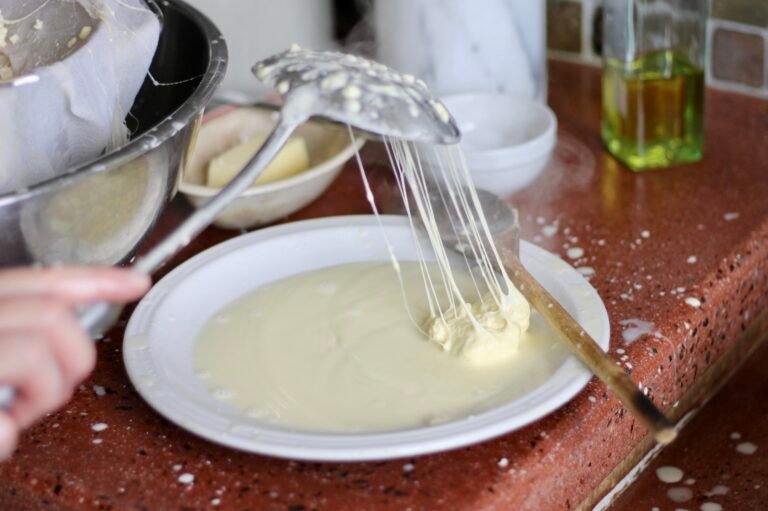
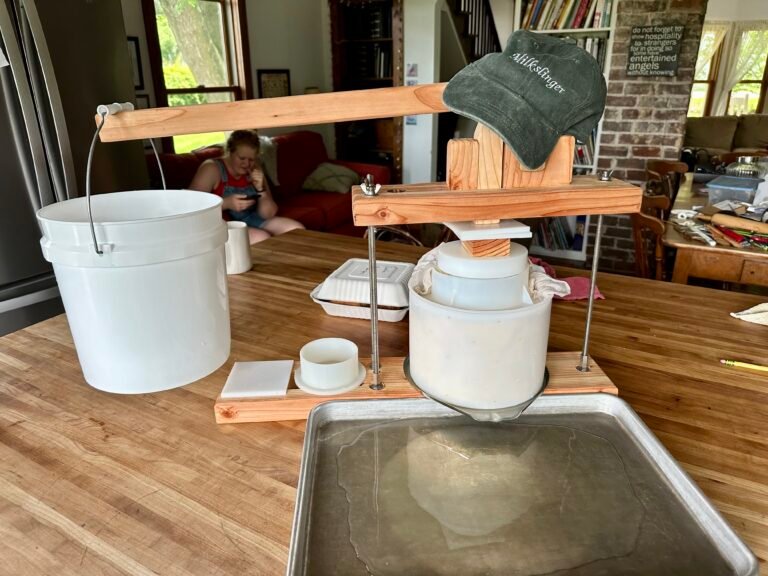
Definitely no caking agents, bad for brain health and general health. Sea salts now have microplastics in them. Best salt I have ever had comes from a mine in Hallstatt Austria. It’s been mined for salt for thousands of years so no microplastics. Improved food flavor without being too salty. Just the best.